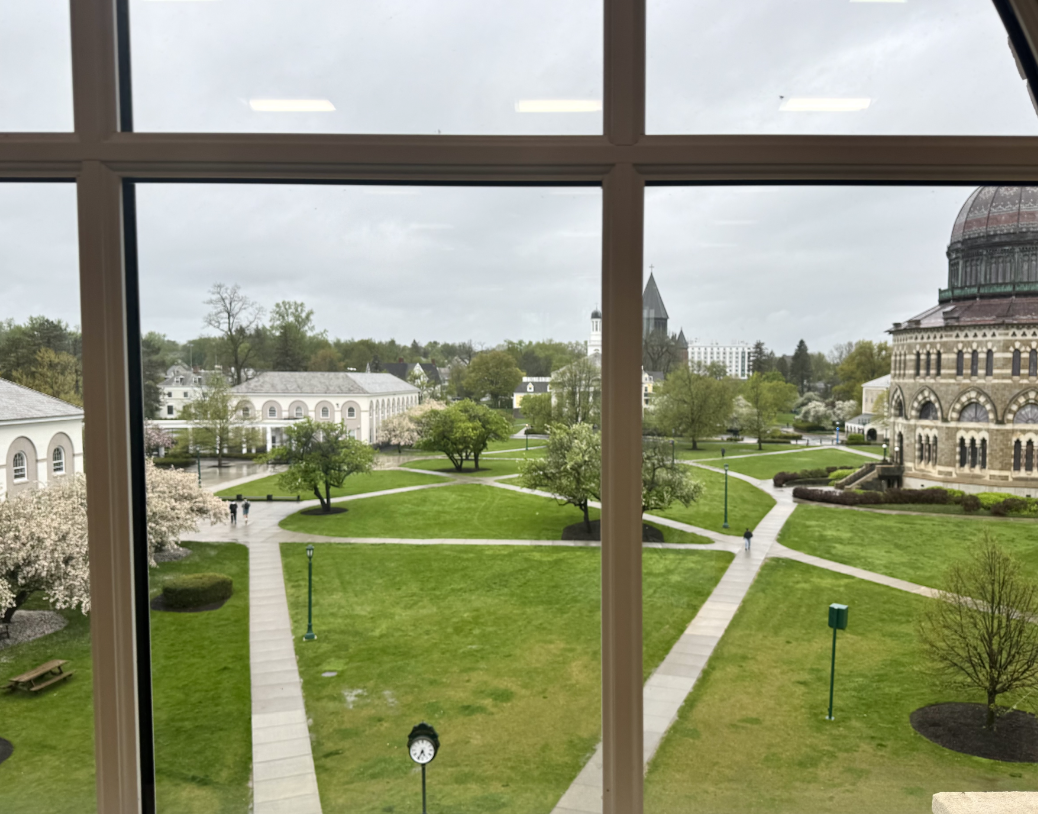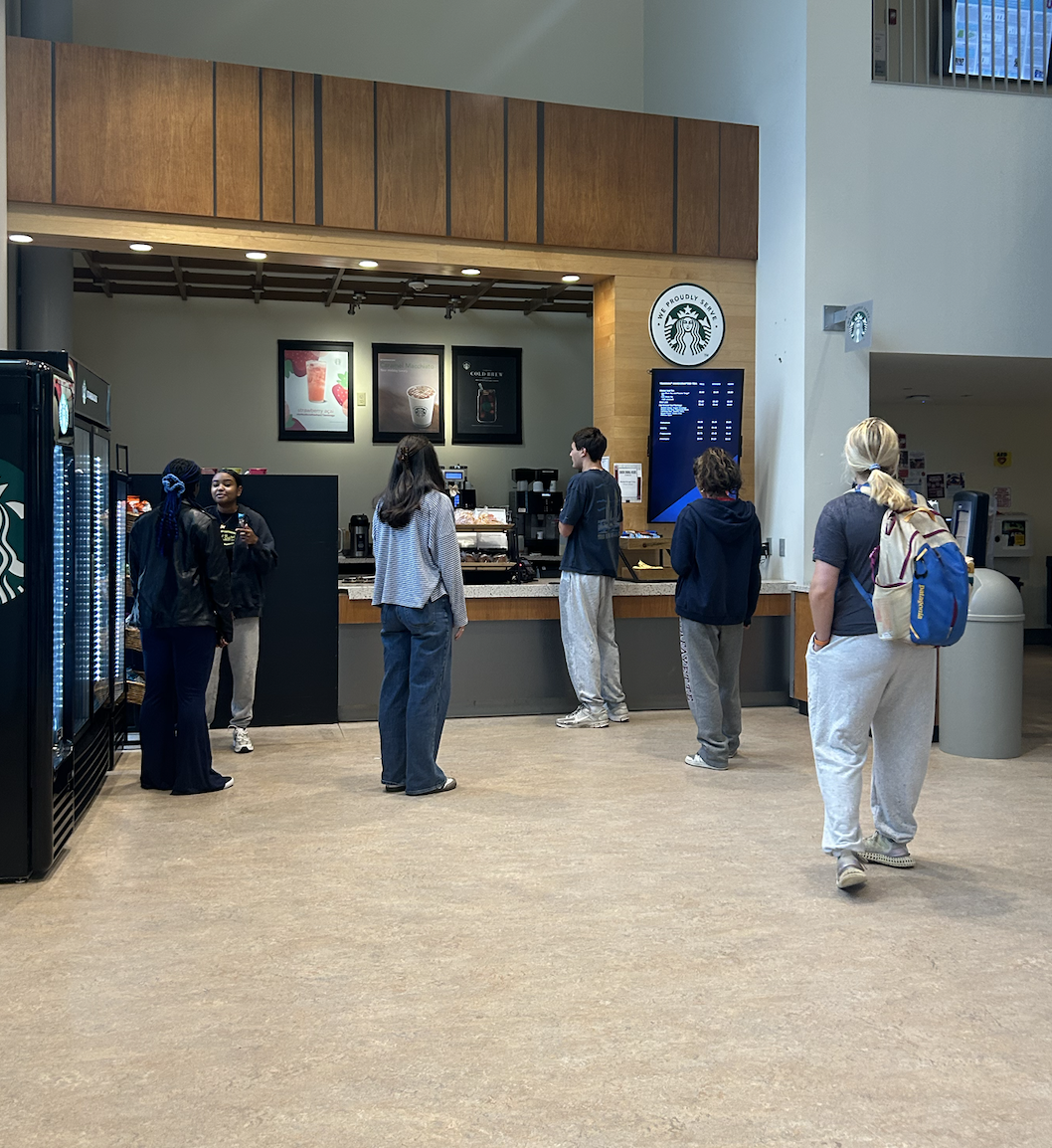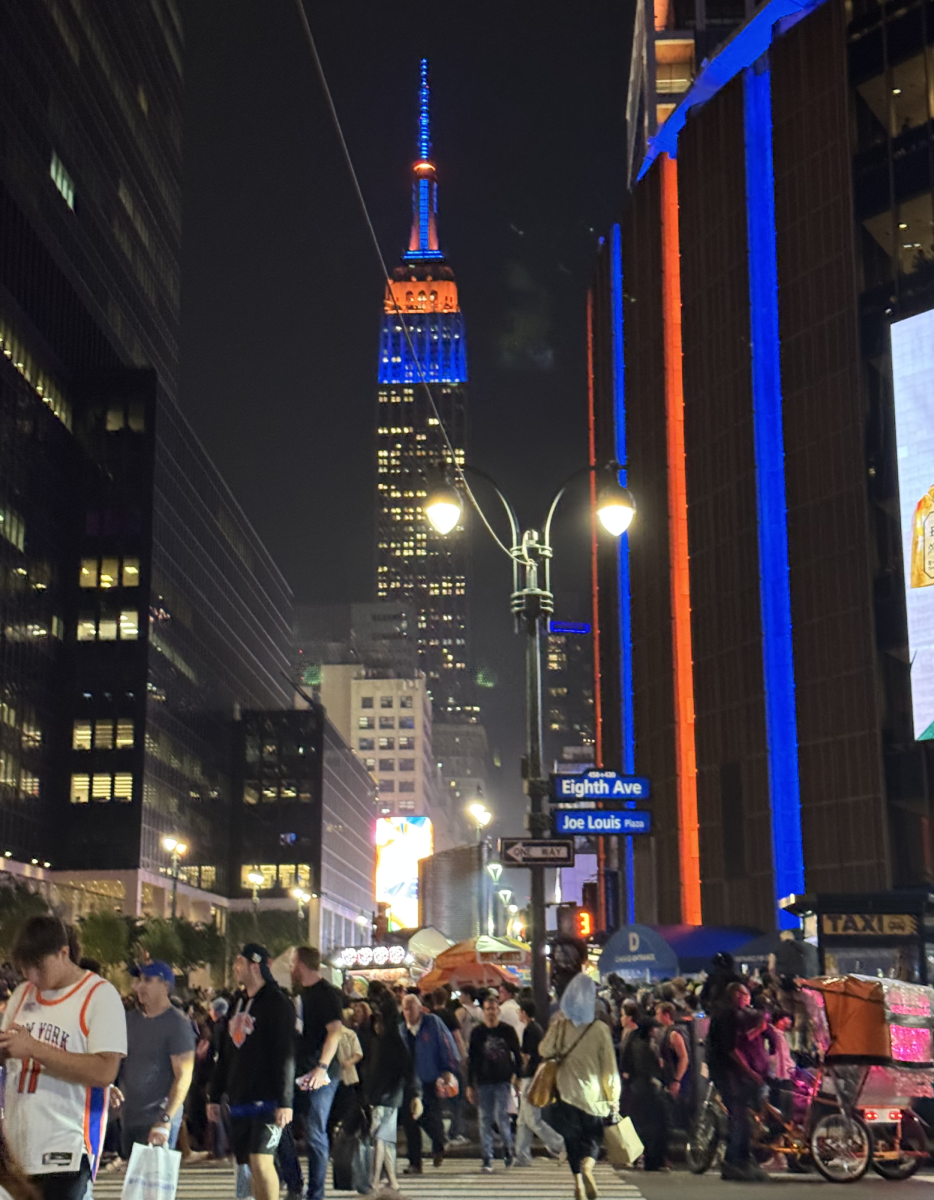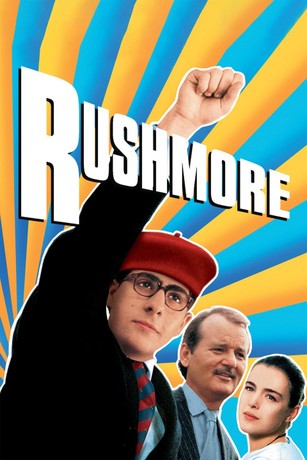In the early days of May, Union College facilities placed many yellow flags marking the use of pesticides around campus. These small flags explained the use of pesticides, the caution to take, and for animals to avoid any contact. Although most people would love to see a lush green lawn, doesn’t the use of pesticides go against the green thumb Union claims to have?
When contacting Union campus facilities that manage the landscape, we learned the three treatment products used: Dimension, Momentum 4-Score, and Roundup QuickPro. These three products were used to treat crabgrass, weed control, and any invasive species found on the lawn.
Marc Donovan, the Director of Facilities Services and Campus Planning told us, “We choose products with “Caution” signal words to reduce our risk. Many common household products have stronger signal words.” Other signal words that other products have been “Warning” and “Danger”, which are higher risk than what is applied to our campus.
With this being said, there is no undermining the word “Caution.” There are even more fears with the amount of rain this previous week, too. In the label from the used Dimension product, the environmental hazard states, “The product is toxic to fish and highly toxic to other aquatic organisms…Use with care when applying to turf areas adjacent to any body of water. Drift and runoff from treated turf may adversely affect aquatic organisms in adjacent aquatic sites.”
Unfortunately, the application was directly during the time of heightened run-off. Union is located near the Mohawk River, which creates a high likelihood of contaminated water entering the river. These products alter the ecosystems of the Mohawk River by causing eutrophication, a process where excess nutrients deplete oxygen levels, ultimating curating dead-zones.
Although Union facilities have used the lowest grade pesticide and in terms of “safest,” pesticides still have a huge impact on the applied ecosystem. The use of pesticides to replace nutrient depletion and manage lawn care has been a solvable issue that society has not adapted away from. Multiple natural remedies have the potential to have the same effect on the lawn, which have yet to be used at Union.
Having the ability to flaunt our green thumb at Union requires a drastic shift away from pesticides, toward natural remedies. Products such as companion planting, insecticidal sprays, or botanical and Microbial insecticides. These solutions treat the growth of lawn and manage invasive pests, all while minimizing the harm to beneficial factors of the environment.
As a student studying Environmental Policy, it was disappointing to wake up to yellow flags stating the use of pesticides. One can hope the push for natural remedies, with the aid of knowledgeable environmental students and staff, Union facilities will transition away from the use of pesticides.













